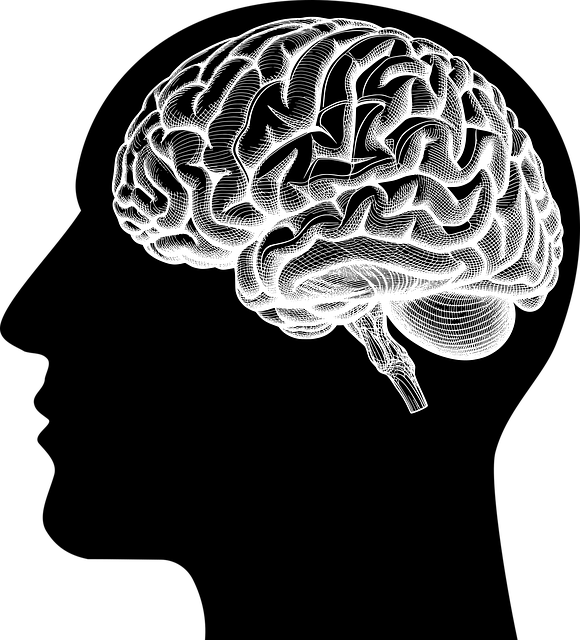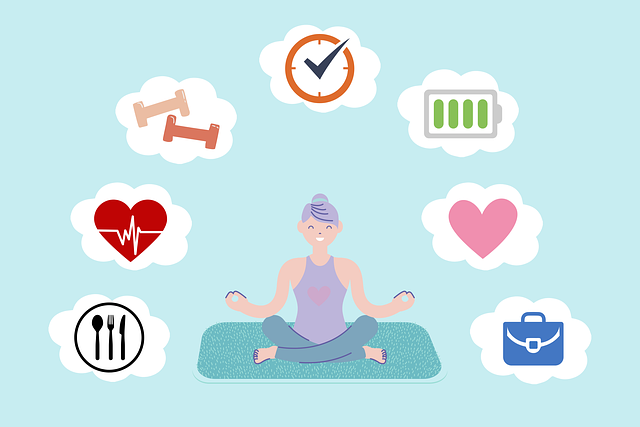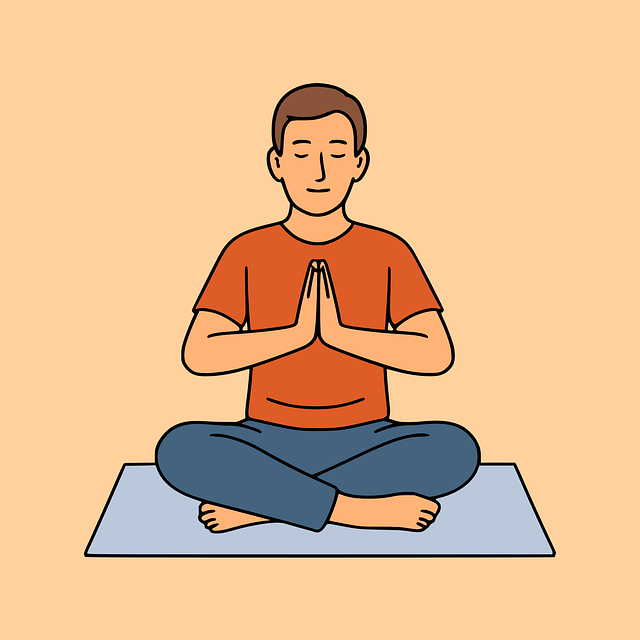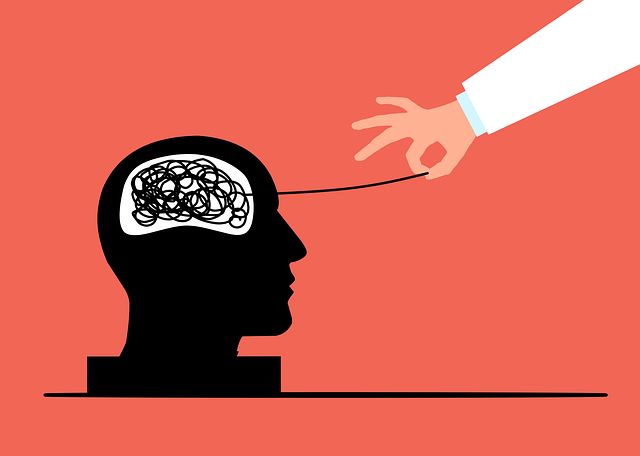Arvada Pain Management Therapy emphasizes self-care as a key component of overall well-being and chronic pain management. They offer evidence-based treatments, prioritize healthcare provider self-care through training, and take a holistic approach addressing mental health connections. Incorporating mindfulness, relaxation, and cognitive behavioral therapy, their personalized care improves quality of life. By integrating small, consistent self-care practices like meditation or stretching, individuals can manage pain and prevent burnout, benefiting both personal fulfillment and professional practice.
“Enhance your overall well-being with effective self-care practices. This comprehensive guide explores why self-care is crucial for a healthy lifestyle, especially through the lens of Arvada Pain Management Therapy’s customized care approach. We’ll delve into identifying personal needs, practical strategies to integrate self-care daily, and overcoming common barriers. By implementing these insights, you can transform your life, fostering better health and a more balanced routine.”
- Understanding Self-Care: Why It Matters for Your Overall Well-being
- Identifying Personal Needs: Arvada Pain Management Therapy and Customized Care
- Practical Strategies: Incorporating Self-Care into Daily Routine
- Overcoming Barriers: Tips to Stick with Self-Care Practices
Understanding Self-Care: Why It Matters for Your Overall Well-being

Self-care isn’t a luxury but a necessity for maintaining our overall well-being. It involves actively managing our physical, mental, and emotional health, often in response to the stresses and demands of daily life. Incorporating self-care practices into our routines helps build resilience against various challenges, including pain management. For instance, Arvada Pain Management Therapy leverages evidence-based techniques tailored to individual needs, enhancing quality of life by addressing chronic or acute pain.
Beyond personal benefits, prioritizing self-care is crucial in the context of healthcare provider wellness. Burnout prevention is a significant concern within the industry, underscoring the importance of cultural sensitivity and competency training. Incorporating these aspects into mental healthcare practice ensures that providers can offer optimal care while maintaining their own emotional well-being. Cultural competency training equips professionals with the skills to understand and address diverse patient needs, fostering more inclusive and effective treatment environments.
Identifying Personal Needs: Arvada Pain Management Therapy and Customized Care

Identifying Personal Needs is a crucial step in enhancing one’s well-being, and Arvada Pain Management Therapy offers a unique approach to achieving this. This specialized therapy focuses on understanding an individual’s specific pain management requirements and tailoring treatments accordingly. By assessing physical and emotional needs, it enables patients to develop a personalized Self-Care Routine Development for Better Mental Health. The therapy goes beyond conventional methods by considering the intricate relationship between chronic pain and mental health, emphasizing the importance of addressing both aspects holistically.
Through its comprehensive approach, Arvada Pain Management Therapy encourages patients to explore various techniques such as mindfulness, relaxation strategies, and cognitive behavioral therapy. These tools not only help in managing pain but also foster positive thinking and emotional resilience. By advocating for a personalized care strategy, this therapy ensures that each patient receives tailored support, ultimately contributing to improved mental health and overall quality of life, which is a key aspect of any Mental Health Policy Analysis and Advocacy.
Practical Strategies: Incorporating Self-Care into Daily Routine

Incorporating self-care into your daily routine is a powerful strategy for managing pain and enhancing overall well-being, as recommended by Arvada Pain Management Therapy experts. Start small by identifying specific moments in your day where you can practice self-care. For instance, dedicate 10 minutes before work to a quick mindfulness meditation or incorporate stretching exercises during lunch breaks. These practical strategies not only provide an immediate sense of calm but also contribute to long-term burnout prevention for healthcare providers, as highlighted by the Stress Management Workshops Organization.
Regularity is key; consistent self-care practices can help reduce stress levels and foster resilience. Consider scheduling dedicated time for activities that nourish your mind and body, such as engaging in hobbies, spending time in nature, or practicing yoga. By integrating these habits into your routine, you’ll create a balanced lifestyle that supports both personal growth and professional fulfillment, further reducing the risk of burnout, as suggested by Burnout Prevention Strategies for Healthcare Providers.
Overcoming Barriers: Tips to Stick with Self-Care Practices

Overcoming barriers is a significant step in implementing consistent self-care practices. Many individuals struggle to prioritize their well-being due to hectic schedules, societal pressures, or past traumas that make self-nurturing seem like an indulgence. However, understanding these barriers and developing strategies to overcome them can significantly enhance one’s quality of life. For instance, if time management is a challenge, scheduling dedicated self-care activities into your routine, much like you would for important appointments, can help ensure their occurrence.
In the context of Arvada Pain Management Therapy, recognizing that chronic pain conditions often require ongoing mental and physical care is crucial. Compassion cultivation practices and community outreach program implementations have proven effective in fostering resilience and maintaining a positive outlook on self-care. Additionally, addressing underlying issues like depression prevention through therapy or support groups can significantly improve one’s ability to engage in proactive self-care, ultimately leading to better pain management.
Self-care is not just a luxury, but a necessity for maintaining optimal well-being. By understanding its significance and incorporating practical strategies into daily routines, individuals can overcome barriers and embrace a holistic approach to health. Customized care, such as that provided by Arvada Pain Management Therapy, plays a pivotal role in identifying personal needs, ensuring a tailored path to improved self-care practices. Remember, prioritizing self-care is not only beneficial for the mind and body but also enables individuals to lead happier, more fulfilling lives.














